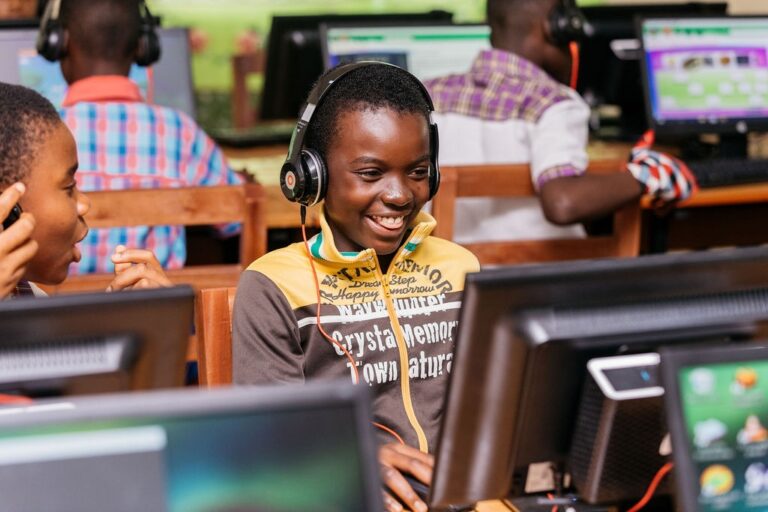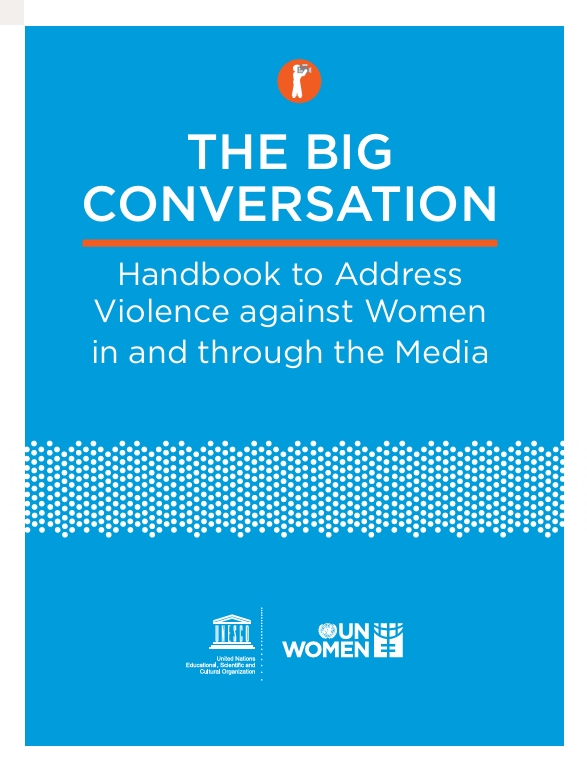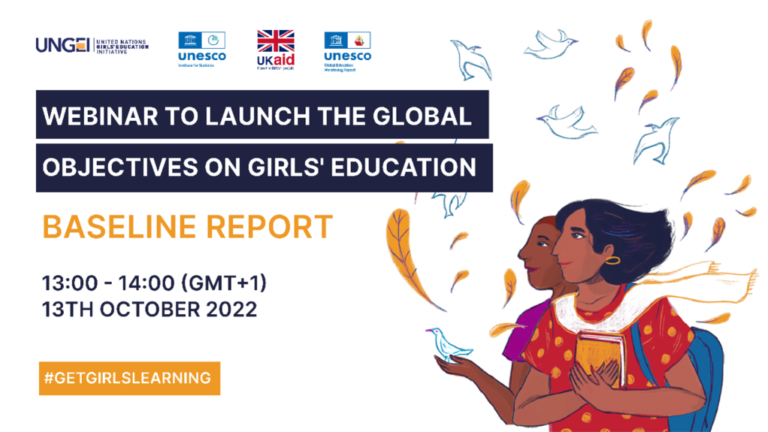A total of 300 young girls and 20 teachers from 10 Senior High Schools (SHSs) across the country will be trained in coding, entrepreneurship and other related Information and Communication Technology (ICT) programmes, starting January 2018 to August 2019.
The training programme, which is a collaborative project between the United Nations Educational, Scientific and Cultural Organization (UNESCO), the Heritage and Cultural Society of Africa (The HACSA) and Information for All Programme (IFAP) is being implemented by the Ghana-India Kofi Annan Centre of Excellence (GI-KACE).
Christened “Girls Can Code: empowering girls and women through ICT”, the beneficiaries will undergo 36 weeks of training at the GI-KACE in Accra.
Launch
Speaking at the launch of the project, the First Lady, Mrs Rebecca Akufo-Addo, said ICT could be used to improve women’s economic outlook and addressed the gender gap in the ICT industry.
She said the emerging digital economy offers developing countries such as Ghana, an opportunity to take a quantum leap in development by transforming the economy into a high, value-added information and knowledge based economy.
She said the ‘Girls Can Code’ project “will of course enable young girls to experience ICTs in a new light and encourage them to consider a future in technology.”
Mrs Akufo-Addo added that the project would help develop the beneficiaries to be critical thinkers and creators of technologies as well as inspire them to develop their full potential.
ICT
She was of the view that one way of improving education in the country was to incorporate ICT into the national educational system to provide access to supplementary content for students and teachers.
“I am particularly grateful that we are taking steps for inclusion of women in technology and the ICT field,” she said.

From left Mr Kwasi Adu-Gyan (Director-General, GI-KACE), First Lady, Mrs Rebecca Akufo-Addo, Ambassador Johanna Odonkor Svanikier and other official at the launch
Mrs Akufo-Addo said “as more women understand the value of the internet and ICTs in terms of sustainable livelihoods, they will improve their quality of life and become more productive members of society.”
She therefore urged the GI-KACE to continuously equip young girls with skills to enhance their ability to tackle issues and improve their work performance with modern technology.
Gender gap
The Deputy Minister of Communications, Mr Vincent Sowah Odotei, said in spite of the several benefits the ICT industry offered, women still remained insignificant in the field, hence admonishing the project beneficiaries to take the programme seriously.
He said introducing girls at early age to computer science would help to break the gender gap in the ICT field in the country, Africa and the world at large.
He said the country now “has a vibrant digital technology ecosystem” which could be exploited to improve access to everyday essential services such as banking, health, and ecommerce.
Mr Sowah Odotei was of the view that “by giving this capacity, our girls can be at the forefront of solving both local and global challenges through ICT.”
He said the ministry was keen in supporting the expansion of the project to cover more girls and schools in the country.
Opportunities
Speaking on issues on collaborations, networks and passion, Ghana’s permanent delegate at UNESCO, Ambassador Johanna Odonkor Svanikier, advised the young girls to consider venturing into the ICT field since it holds many opportunities for current generations.
She said although people thought the ICT field was a “no go area” for girls in the past, the time has come for women and for that matter, girls to take their rightful places in the industry.
She said many women globally, including Ghanaians, have over the years demonstrated to the admiration of many their dexterity and expertise in ICT careers.
Objectives
Ambassador Svanikier touching on the project said it aims among others, to equip young girls with skills to develop applications to solve day-to-day challenges, develop mobile applications with capacity to solve local challenges, and to develop entrepreneurial skills in the beneficiaries.
For his part, the Director-General of GI-KACE, Mr Kwasi Adu-Gyan, said the project would help develop the interest of young girls in the field of ICT.
In addition, he said, the ‘Girls Can Code’ is intended to “increase the desire of young girls to pick up careers in ICT”.






